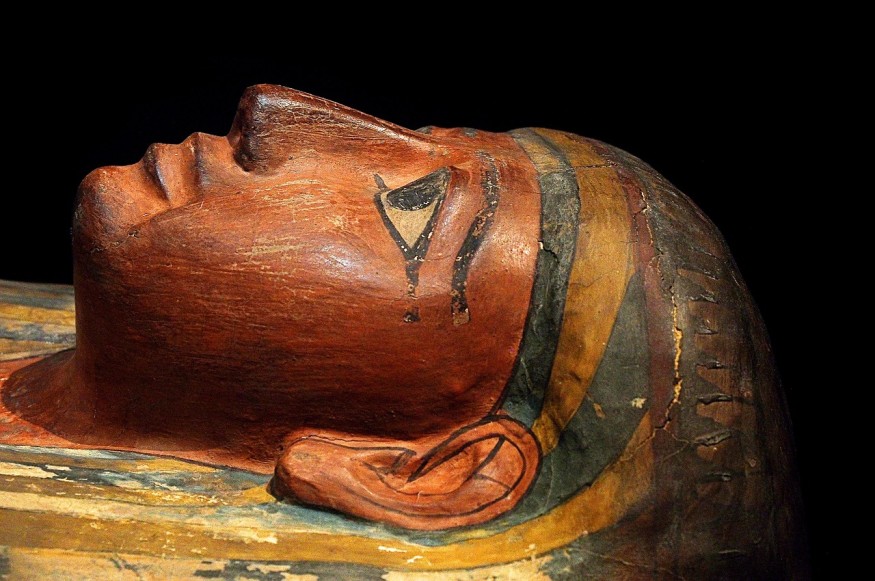
Recent excavations conducted on the tomb of the ancient Egyptian queen, Meret-Neith, shows that she may have been the first female ruler of Egypt. However, there are still looming questions regarding whether she actually reigned over the territory.
Female Egyptian Ruler's Tomb
The tomb situated in Central Egypt, in Abydos, is believed to be the female Egyptian ruler's final resting place. The ancient queen's husband, King Djet, and her son, King Den, were among the rulers in ancient Egypt's First Dynasty. The findings in her tomb show that she could have also held a certain degree of power on top of just being the queen of King Djet.
If this were indeed true, this would make Meret-Neith ancient Egypt's first female ruler. However, some specialists rebut this claim as they think that both daughters and wives were not typically included in royal succession.
Nevertheless, her tomb was found to be filled with goods for royalty. The goods included hundreds of wine jars that were sealed, which could be the second oldest direct wine evidence. Christiana Köhler, the excavation's leader from the University of Vienna, explains that the wine was no longer liquid and that they could no longer distinguish if it was white or red wine.
The researchers found organic residue traces and grape seeds and crystals. These are undergoing scientific analysis.
These show that the ancient Egyptian queen was quite an influential figure with oddly high authority. Köhler further notes that these excavations shed more light on this unique female figure and her era.
An Important Female Figure in Ancient Egypt
Aside from this, Inscriptions found within the tomb also showed that Meret-Neith had a vital role in the ancient Egyptian treasury and may have held government positions in B.C. 3000.
Her name was also previously found alongside her son in his tomb inscription containing a list of rulers. With this, experts think that she could have served as regent when Den was still at his youth. This could potentially explain why Meret-Neith is the only woman to have a grand tomb in the earliest royal burial grounds of ancient Egyptians in Abydo.
Egyptology professor emeritus Ronald Leprohon from the University of Toronto, who was not involved in the recent excavations, explains that the tomb is of tremendous importance.
He notes that the fact that her name was included in the list of kings shows that something tremendously important took place with Meret-Neith. However, what this exactly is still remains a mystery.
Egyptologist Jean-Pierre Patznick from the Sorbonne University, who did not participate in the excavations, also explains that no other queen from the early dynastic times had this much royal privileges.
Nevertheless, even if Meret-Neith truly ruled, it is likely that she did not count as a "pharaoh," as the term surfaced much later during the 18th Dynasty from B.C. 1550 to B.C. 1295.
Questions regarding her influence and status are still at the center of further research. Köhler notes that once they finish the huge complex's excavations, they may know more about her.
Check out more news and information on Ancient Egypt in Science Times.










